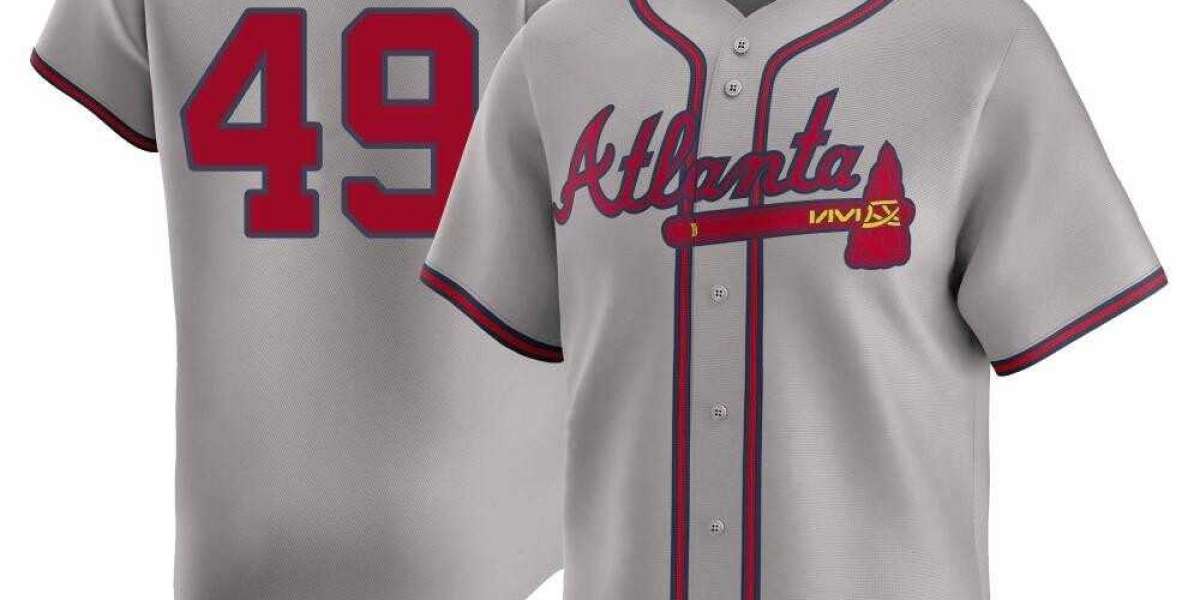Traveling to Syria can be an exciting and enriching experience. The country is home to ancient ruins, bustling markets, and vibrant cities that tell stories stretching back thousands of years. To navigate this unique travel destination successfully, understanding the local currency and payment methods is essential. Being prepared can save you stress, confusion, and unnecessary expenses while traveling.
The Syrian Pound: An Overview
The official currency of Syria is the Syrian Pound, abbreviated as SYP. The currency symbol often seen is £S or LS. The Syrian Pound has been in use for decades, but like many currencies in conflict-affected regions, it has experienced significant fluctuations in value over the years. For travelers, this means that staying updated on exchange rates is crucial to avoid paying too much for everyday purchases or tourist services.
Banknotes in Syria come in denominations such as 50, 100, 200, 500, 1,000, and 2,000 pounds. Coins are less commonly used, though you might still encounter 1, 5, 10, 25, and 50-pound coins in some markets. Most daily transactions are conducted with banknotes, and it is advisable to carry smaller denominations for convenience, especially in markets, street stalls, and public transport.
Exchange Rates and Currency Conversion
Foreign currency, particularly US dollars and euros, is widely accepted in Syria for large transactions, but you will usually receive change in Syrian Pounds. Currency exchange offices, banks, and some hotels offer conversion services. It is important to compare rates before exchanging money, as rates can vary considerably between institutions. Travelers should also be aware that black market currency exchange exists, often providing more favorable rates but carrying higher risks. Exercise caution if choosing to use unofficial exchange channels.
Using Cash in Syria
Cash remains the most common form of payment across Syria. Many local businesses, small shops, and markets prefer cash over digital payments. While carrying cash is necessary, it is also important to practice safety measures. Divide your money into different locations, such as your wallet, hotel safe, or a secure travel pouch, to reduce the risk of loss or theft.
For smaller transactions, such as buying snacks, souvenirs, or paying for public transportation, using smaller denominations is advisable. Many street vendors do not have the means to provide change for large bills, which could complicate simple purchases.
Credit and Debit Card Usage
Although cash dominates the Syrian economy, some high-end hotels, international restaurants, and larger stores may accept major credit or debit cards. Visa and MasterCard are the most commonly accepted, but even in these locations, card processing can be slow, and network interruptions are not uncommon. It is advisable to carry multiple forms of payment to avoid inconvenience, especially in areas where card acceptance is limited.
ATMs exist in Syria, but they are not as widespread as in other countries. Many travelers report that ATMs occasionally run out of cash or may not accept certain foreign cards. Checking with your bank beforehand to ensure your card is authorized for international use is essential. Informing your bank of your travel dates can help prevent your card from being flagged for suspicious activity.
Mobile Payments and Digital Wallets
The use of mobile payments and digital wallets in Syria is still limited. Local platforms exist, but they may not be compatible with international banking systems or foreign cards. For most travelers, relying on cash and bank cards remains the safest approach. Staying prepared with sufficient local currency can prevent you from encountering unexpected barriers when trying to pay for transportation, accommodations, or meals.
Tipping and Small Payments
In Syria, tipping is customary in restaurants, hotels, and for services such as taxi rides or guided tours. While the amount may vary, leaving a tip of 5–10% in cash is standard practice. Understanding the local expectations for tipping can help you show appreciation while avoiding cultural misunderstandings. Small cash payments are often preferable for tipping, as it ensures the money reaches the intended service provider directly.
Planning for Currency Needs
Before traveling to Syria, it is wise to plan your currency needs in advance. Consider how much cash you might need for daily expenses such as food, transportation, and entrance fees for attractions. Additionally, it’s helpful to research the availability of currency exchange services in the cities or regions you plan to visit. Some areas may have limited access to banks or exchange offices, making it essential to carry sufficient funds with you.
Travelers should also monitor exchange rates in the weeks leading up to their trip. The Syrian Pound can fluctuate, and timing your currency exchange can make a noticeable difference in the value you receive. Bringing a small amount of widely accepted foreign currency as a backup is also a prudent precaution.
Using Traveler’s Checks
Traveler’s checks are rarely used in Syria and are often inconvenient to cash. Most banks and businesses prefer cash or electronic payments. While you could technically carry traveler’s checks, they may create unnecessary complications and delays. It is generally more practical to rely on cash and bank cards when planning your transactions.
Safety Considerations
Carrying large amounts of cash always carries a risk. Consider using a secure money belt or pouch that can be worn under clothing. Avoid displaying large sums of money in public. When exchanging currency, stick to authorized banks or reputable exchange offices to reduce the risk of counterfeit bills.
Planning for Entry Requirements
Traveling to Syria also requires careful attention to entry requirements. Before planning your finances, ensure that you have met all visa requirements and prepared necessary documentation. For first-time visitors, consulting a Syria Tourist Visa guide can provide detailed instructions on obtaining the appropriate visa and help you understand any financial documentation or proof of funds that may be requested. This preparation helps you avoid delays and ensures a smoother arrival experience.
Local Banking Practices
If you plan an extended stay in Syria, understanding local banking practices can be valuable. Opening a local bank account as a short-term visitor can be complicated, and most short-term tourists will not need to do so. Nevertheless, understanding the structure of Syrian banks, transaction limits, and currency controls can help you navigate larger financial transactions if required.
Conclusion
Understanding Syrian currency and payment methods is a critical step for any traveler seeking a smooth and enjoyable experience. The Syrian Pound remains the main currency, and cash is the dominant method of payment in most situations. While credit and debit cards are occasionally accepted in larger establishments, relying on cash is advisable, supplemented by a few electronic payment options where available.
Planning ahead, monitoring exchange rates, carrying appropriate denominations, and practicing safe money-handling strategies will help ensure your trip goes smoothly. Coupled with careful preparation for entry requirements and visa considerations, a well-informed traveler can enjoy all that Syria has to offer without financial stress.
By equipping yourself with this knowledge, you are better prepared to navigate markets, pay for services, and immerse yourself in the local culture with confidence. Understanding local currency and payment methods not only makes transactions easier but also enhances the overall travel experience, allowing you to focus on exploring Syria’s historic cities, stunning landscapes, and welcoming communities.














